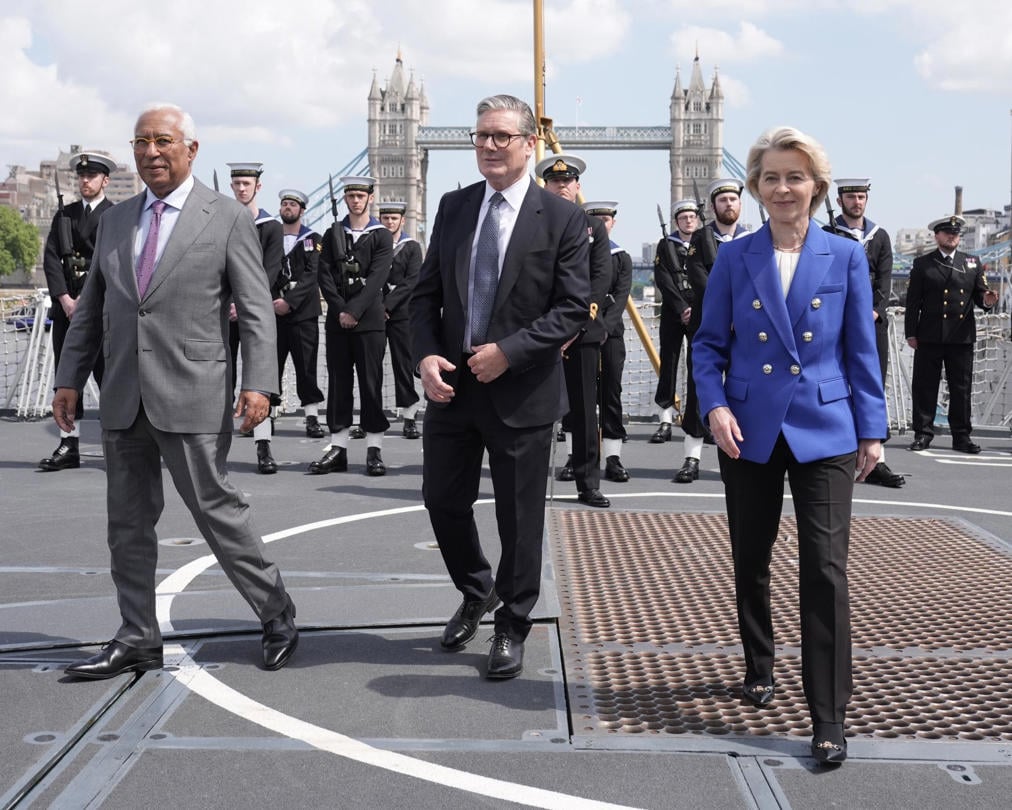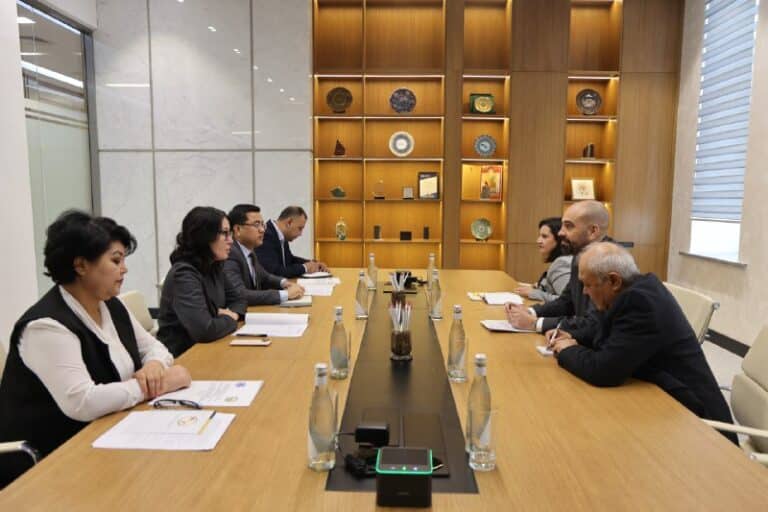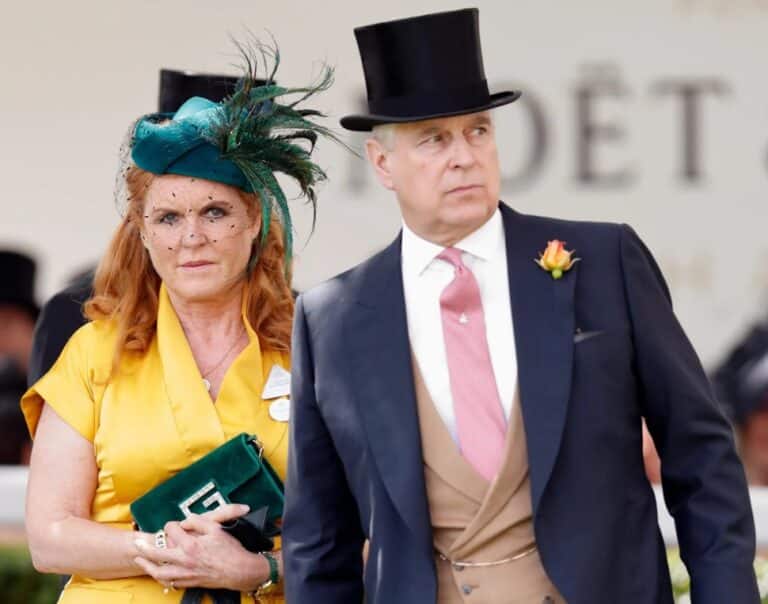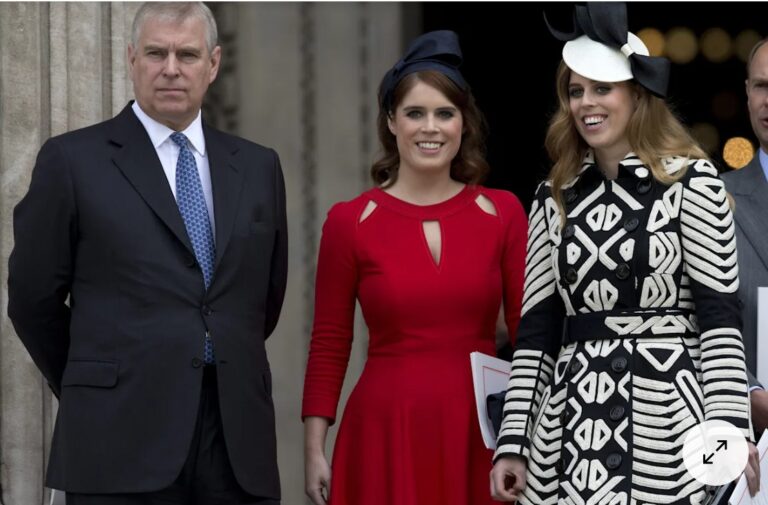
The UK is accelerating efforts to deepen ties with the European Union, but officials in Brussels show little appetite for moving at the same pace, raising the risk of frustration in Westminster.
At a May 19 UK-EU summit in London, Prime Minister Keir Starmer met European Council president Antonio Costa and European Commission president Ursula von der Leyen, signing a long-term fisheries deal and pledging talks on agrifoods, energy and defence. Since then, ministers have sharpened their tone: Chancellor Rachel Reeves has linked weak growth to Brexit, while EU relations minister Nick Thomas-Symonds has pressed for «rapid progress» across multiple dossiers.
A youth mobility scheme, once ruled out by Labour in opposition, has become a priority. Reeves has called for an «ambitious» programme, arguing it would support growth, and Thomas-Symonds says giving young people opportunities to work and learn is «vital.» Yet the two sides remain apart on fees, quotas and scope.
Time pressure is mounting. Without an accord, UK exporters could face the EU’s carbon border adjustment mechanism from January 2026, and Britain risks missing out on early contracts under the EU’s new defence fund, Security Action for Europe (SAFE). Claims that London has already «negotiated» an agriculture deal are premature.
Substantive obstacles persist, most notably how far the UK would align with EU rules on areas such as gene editing and carbon pricing. And while London’s urgency is rising, EU capitals view the economic stakes as lower and have competing priorities. Some member states are wary of enabling a post-Brexit UK to thrive outside the bloc.
Starmer’s «reset» has rebuilt channels and set a pro-growth agenda. But with sequencing and trade-offs still unresolved, enthusiasm in London may soon encounter the hard limits of Brussels’ timetable.













